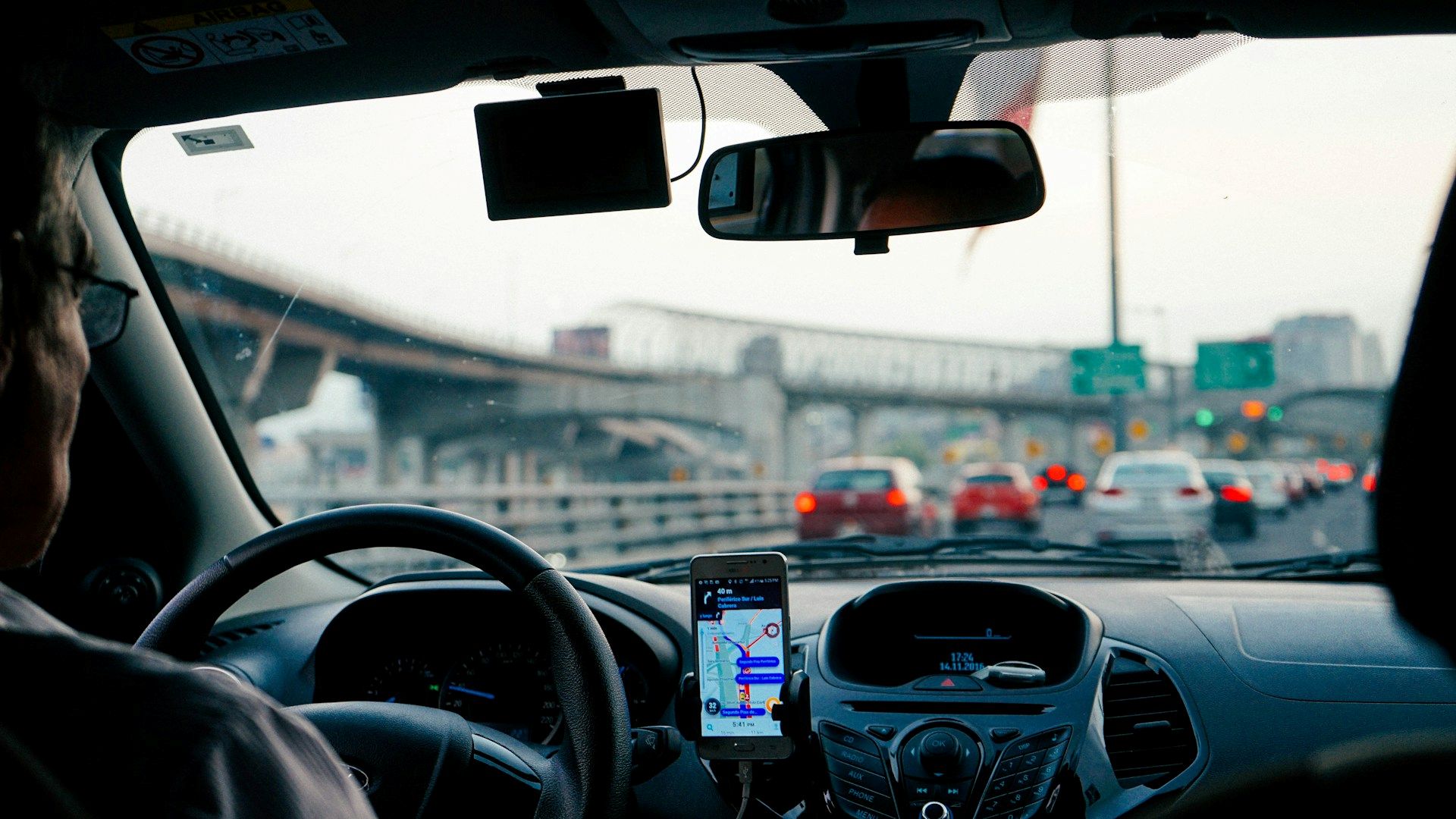Uber has lost its appeal to the UK Supreme Court, which ruled that private-hire taxi operators in England and Wales, such as Delta Taxis and Veezu, are not required to charge a 20% value-added tax (VAT) on their services. This decision upholds the Court of Appeal’s ruling from July 2024, which found that the business models of these rival operators differ significantly from Uber’s, and therefore they should not be subject to the same VAT obligations.
The case emerged following Uber’s bid to apply the VAT rules to competitors, arguing that they enter into contracts with passengers in a similar manner. This was in the context of a 2021 ruling where the UK Supreme Court had already classified Uber drivers as workers, entitling them to benefits such as minimum wage and holiday pay, and consequently, imposing VAT on Uber’s rides. Uber sought to extend these VAT obligations to other private-hire operators, but the courts disagreed, citing differences in the operational models and contractual frameworks.
The ruling represents a significant development for the UK’s ride-hailing industry, as it creates a disparity in VAT treatment between Uber and its competitors. While Uber is required to charge VAT, its rivals, exempt from such charges, may have a competitive advantage in terms of pricing flexibility and profitability.
This decision emphasizes the importance of understanding the legal distinctions within the same industry and the need for businesses to be diligent in their compliance with complex tax laws. For legal professionals and operators in the transportation sector, the case is a critical reminder of the need for clear contractual agreements and a deep understanding of the legal landscape, particularly when dealing with regulatory challenges.


